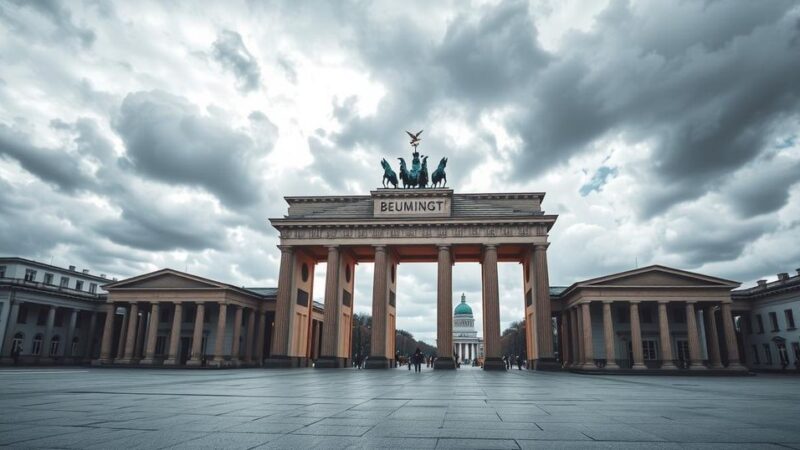On October 14, 2024, Papua New Guinea’s Conservation and Environmental Protection Authority launched its 23 National Biodiversity Targets, aligning with the Global Biodiversity Framework ahead of COP16. Supported by the Global Environment Facility and UNDP, these targets aim for sustainable environmental management by 2030. The collaborative initiative involves various stakeholders and is a significant step towards addressing biodiversity challenges in PNG.
On October 14, 2024, the Conservation and Environmental Protection Authority (CEPA) of Papua New Guinea (PNG) achieved a significant milestone by launching its 23 National Biodiversity Targets, aligning these objectives with the Global Biodiversity Framework in preparation for the upcoming COP16 in Bogota, Colombia. This initiative, supported by the Global Environment Facility and UNDP, aims to lay the groundwork for sustainable environmental management and biodiversity conservation, with a target year set for 2030. The development of these targets involved extensive collaboration among CEPA officers, government agencies, conservation non-governmental organizations, civil society, and international experts. Mr. Jude Tukuliya, the Managing Director of CEPA, expressed his satisfaction with the dedication and effort invested in this project, emphasizing the crucial task ahead in safeguarding PNG’s biodiversity. The Convention on Biological Diversity (CBD), established in 1993 following the Rio Earth Summit, serves as the international instrument dedicated to the conservation of biological diversity and the sustainable use of its components. The Kunming-Montreal Global Biodiversity Framework, adopted during COP15, outlined 23 global targets aimed at fostering a harmonious relationship between humanity and nature by 2050. As PNG prepares for COP16, it has collaborated with the European Union-funded Forestry-Climate Change-Biodiversity (FCCB) programme to ensure that its delegates are well-equipped to engage with other parties at the conference. Notably, PNG is set to host three side events, focusing on its rich biodiversity and sustainable conservation efforts. Following the COP16 event, a workshop will be organized to discuss the implications of the conference outcomes and develop actionable strategies for PNG’s biodiversity initiatives moving forward.
Papua New Guinea is facing challenges related to environmental degradation and biodiversity loss. As a response, the government has recognized the importance of establishing clear targets to align its conservation efforts with global standards. The Kunming-Montreal Global Biodiversity Framework sets ambitious goals to address these issues and promote sustainable practices within the country. This framework is part of a broader commitment by the international community to protect biodiversity and combat climate change. By aligning its national targets with these global frameworks, PNG aims to strengthen its environmental management practices and ensure the conservation of its unique ecosystems and species.
The official launch of the 23 National Biodiversity Targets marks a critical step for Papua New Guinea in aligning its environmental goals with global standards, particularly in anticipation of the upcoming COP16. The collaborative effort underscores the nation’s commitment to sustainable management of biodiversity and progress toward a harmonious relationship with nature by 2050. As stakeholders work together to implement these targets, the outcomes of COP16 will further shape PNG’s biodiversity strategies and actions in the years to come.
Original Source: www.undp.org






